View all Standards for North Carolina Essential Standards 2010
I.C.1.3 Produce scripts based on literature texts.
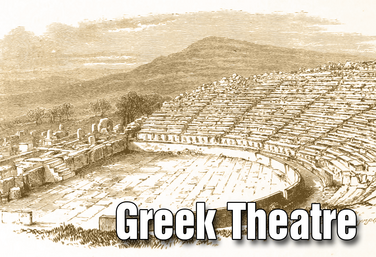
Part of the Drama One Curriculum
Ancient Greek Theatre
by Karen Loftus
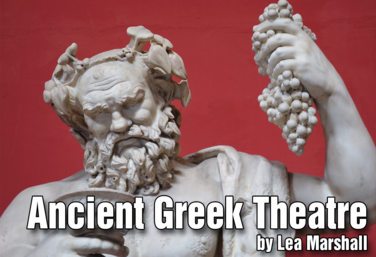
Ancient Greek Theatre - It's All Greek to Me! *Hyperdoc
by Lea Marshall
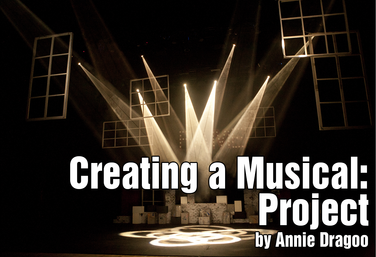
Creating a Musical: Project
by Annie Dragoo
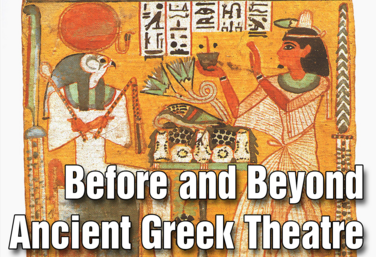
Part of the Theatre History Curriculum
Unit 1: Before and Beyond Ancient Greek Theatre
by Drama Teacher Academy
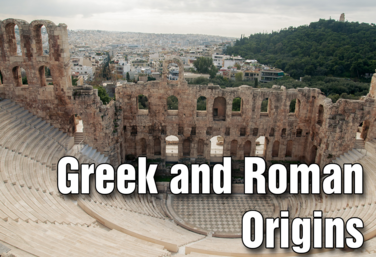
Part of the Theatre History Curriculum
Unit 2: Greek & Roman Origins
by Drama Teacher Academy
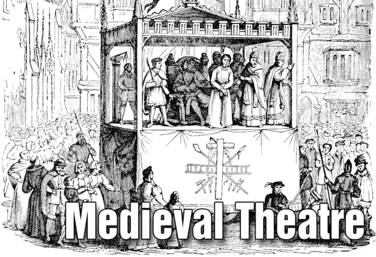
Part of the Theatre History Curriculum
Unit 3: Medieval Theatre
by Drama Teacher Academy
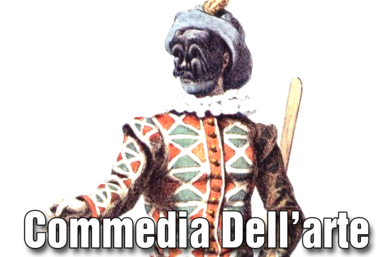
Part of the Theatre History Curriculum
Unit 4: Commedia Dell'Arte
by Drama Teacher Academy
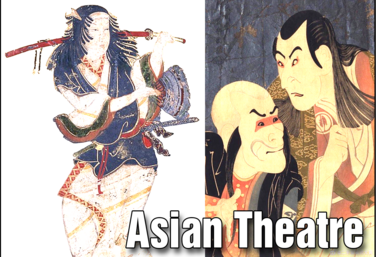
Part of the Theatre History Curriculum
Unit 5: Asian Theatre
by Drama Teacher Academy
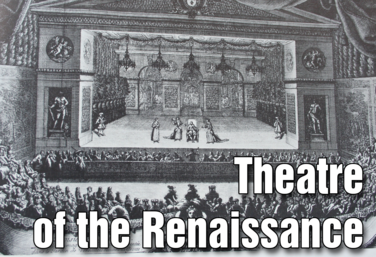
Part of the Theatre History Curriculum
Unit 6: Theatre of the Renaissance
by Drama Teacher Academy
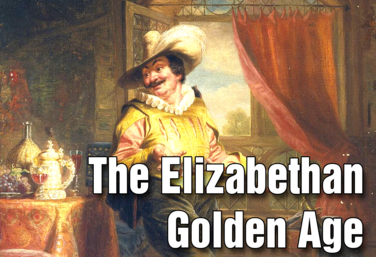
Part of the Theatre History Curriculum
Unit 7: The Elizabethan Golden Age
by Drama Teacher Academy
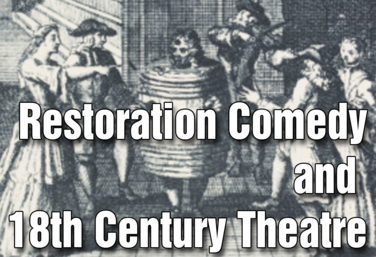
Part of the Theatre History Curriculum
Unit 8: Restoration Comedy & 18th Century Theatre
by Drama Teacher Academy
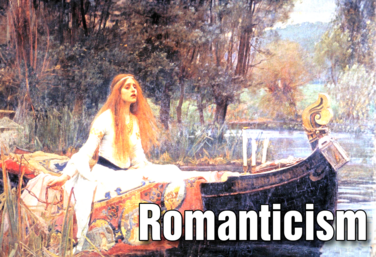
Part of the Theatre History Curriculum
Unit 9: Romanticism
by Drama Teacher Academy
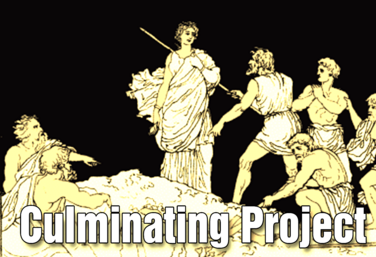
Part of the Theatre History Curriculum
Culminating Project
by Drama Teacher Academy
.png)
Realism and Naturalism
by Drama Teacher Academy

21st Century Skills Through Devising
by Allison Williams
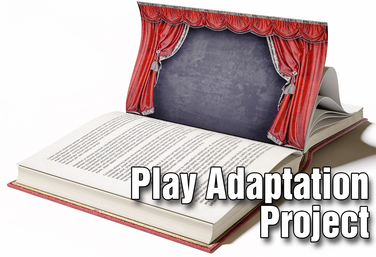
Play Adaptation Project
by Lindsay Price
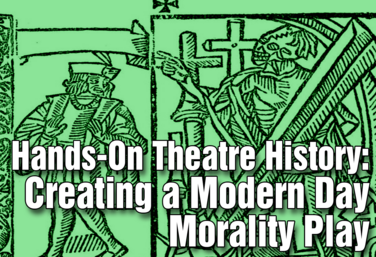
Hands-On Theatre History: Creating a Modern Day Morality Play
by Wendy-Marie Martin
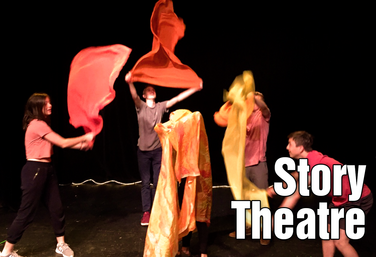
Story Theatre
by Matt Webster
View all Standards for North Carolina Essential Standards 2010 Standards Master List